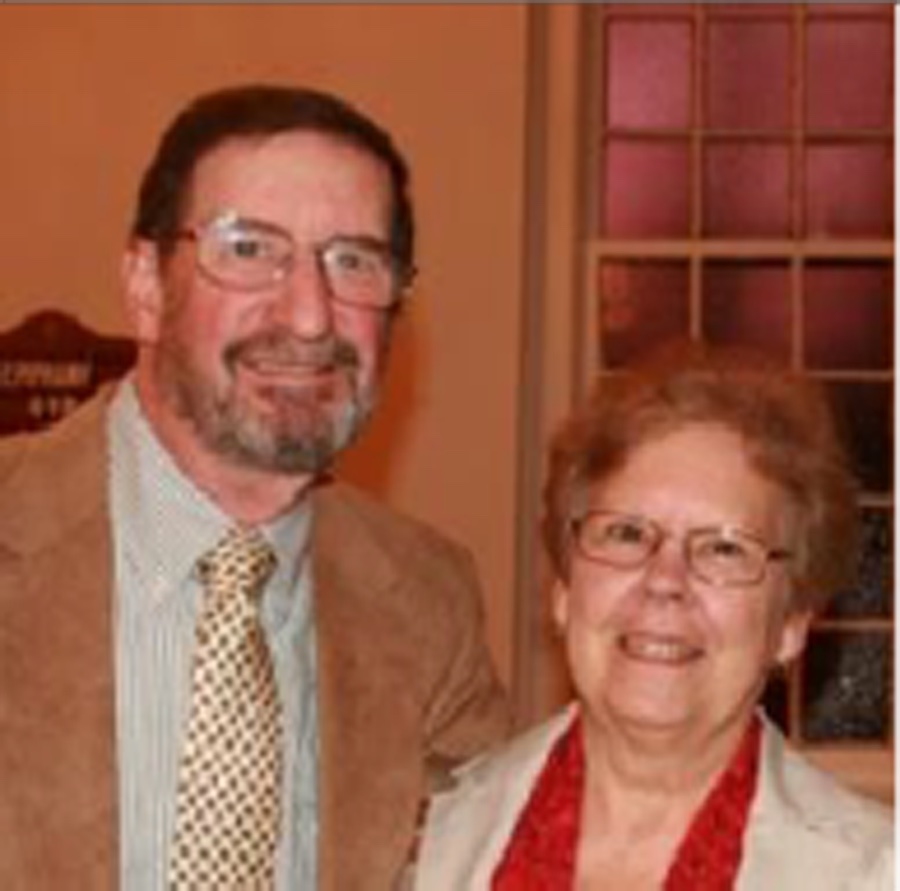ELZA: Of Aristotle and the fall of democracy
Published 6:00 am Tuesday, August 17, 2021

- Dr. Jane Elza
Aristotle said there were three kinds of government: rule by the one, rule by the few and rule by the many.
For each kind of government, there was a good form and a bad form. In the good forms of government, the ruler ruled on behalf of the whole. In the bad forms, the ruler succumbed to selfishness. The king became a tyrant, pursuing greed and vanity. The aristocracy became an oligarchy, narrowly protecting its privileges and status.
Rule by the many was the most unstable government of all, easily disintegrating into democracy. (It took centuries for that word to have positive connotations.) The many were susceptible to demigods. They were swayed by their passions and chased after shiny objects. They dissolved into factions and quarreled. They were governed by fear.
A strong middle class could anchor the many and focus their minds on the whole but Aristotle did not believe the middle class could sustain the polity for long.
The genius of the American system of government was that we combined all elements of rule into one. Ours is a system of checks and balances. The president is checked by Congress. The two houses of Congress check each other. The people check both Congress and the president. Combined with a system of federalism, the dispersion of power prevents any one segment of the government from gaining dominance for long.
As Aristotle knew, power by its nature shifts. Nothing stays the same. Balancing those inevitable shifts in power has long been the hallmark of America’s experiment in democracy.
Ironically, it is nationalism that makes the system work. Nationalism, an 18th century phenomenon, provides the whole for which all the parts of government swear fealty. Loyalty to the nation, the symbol of the people, unites the factions, tempers the extremes, and commits us to the common good of all.
Indeed, it requires us to make sacrifices for the whole, even laying down our lives to ensure the continuance of the nation.
Nationalism has its own dangers. Fascism is extreme nationalism. Fascism has in the modern age warped democracies into parodies of themselves, reducing them at times to simple mob rule. Fascism is alluring because it is wrapped in the symbols of the nation and is not tied to any economic system.
The United States is a creedal nation. That means that we define ‘Americanism” as commitment to the principles of the American Creed. The constitutional principles of individualism, equality and popular rule define who we are as Americans.
At different times, we have emphasized each different principle but we have managed to maintain the balance that places America above our fears. So far we have not allowed these principles to be so manipulated that one faction’s fears becomes the definition of the common good. Until now.
No one ever expected the checks not to work. A demigod in combination with a Senate which pursues its own power above all joined with a House that dissolves in petty disputes combined with a shrinking middle class accented by a reactionary Supreme Court complicated by malicious media forces.
Americans may have thought that this could never happen here but Aristotle did. This is exactly how he said democracies would fail.
When the Trumpers are elected to power in 2022 and 2024 and our experiment in democracy fails, the world will mark it as a tragedy. History will note it as a cliché.
Dr. Jane Elza, Ph.D., retired, is a resident of Valdosta.





